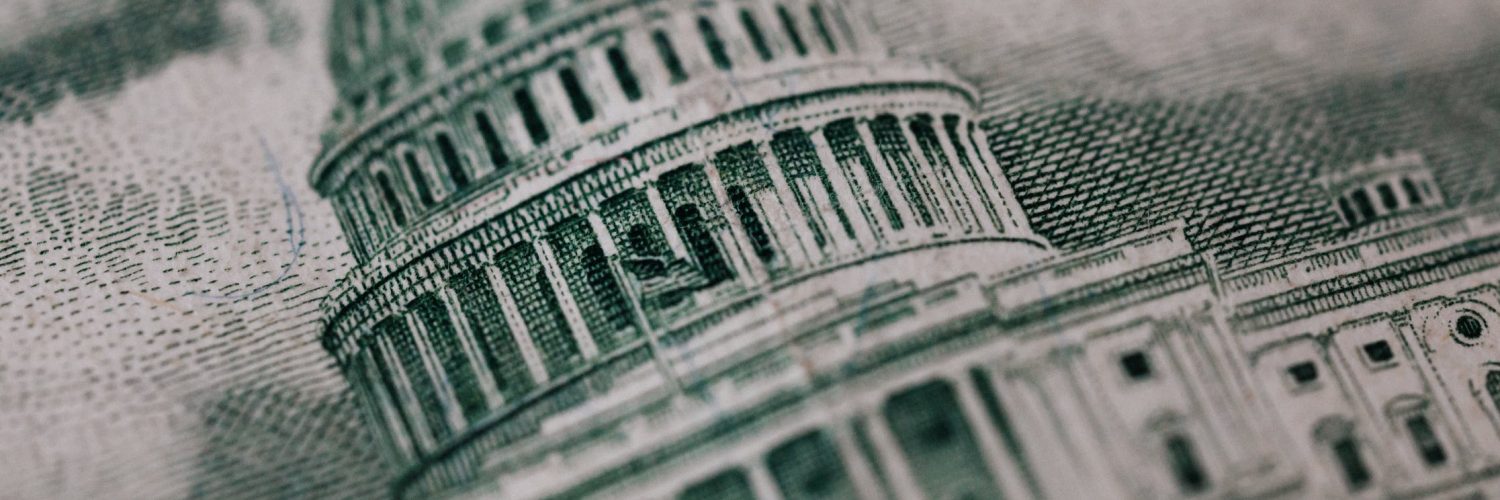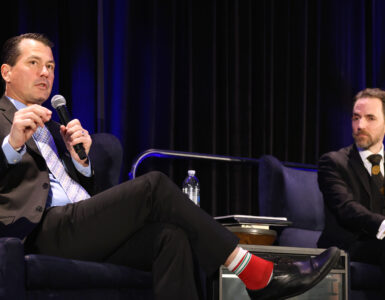Members of Arizona’s congressional delegation updated the business community on legislation important to industry and commerce last week at the annual Update from Capitol Hill presented by the Arizona Chamber of Commerce and Industry and Salt River Project.
The most discussed topic was the proposed fourth round of federal COVID-19 relief funding that has stalled in Congress.
Senators Kyrsten Sinema (D) and Martha McSally (R) both expressed their frustration with the process and vowed to continue to fight to break the deadlock.
But it may not happen before the election, leaving those most in need behind.
“This isn’t a game to me, because all across our state and across my neighborhood, people are struggling and still need relief,” McSally said.
Sinema said she was disappointed that the White House and Congress are unable to compromise “when so many Arizonans are in need.”
“Partisan bills that won’t pass won’t move us any closer,” Sinema said.
COVID-19, tourism, immigration, climate change among top concerns
The two senators and seven of the state’s nine representatives “zoomed” in to give updates and answer questions virtually at the event.
About 450 participants tuned in to hear what Arizona’s federal lawmakers are championing in Congress.
Representatives who also spoke at the event were Raúl Grijalva (D), David Schweikert (R), Paul Gosar (R), Tom O’Halleran (D), Andy Biggs (R), Debbie Lesko (R), and Greg Stanton (D).
They detailed current and upcoming legislation and proposals for issues important to Arizona: immigration and trade, military and veterans, forest health and climate change, new interstate highways, modernization of ports of entry, broader access for Mexican tourists to visit Arizona, and the national deficit.
They also discussed the status of the CARES Act and a new round of funding for those who are still struggling from COVID-19 shutdowns.
Standoff over another round of relief
As intended, the CARES Act that was passed in March, has helped citizens, businesses, schools and governments in Arizona survive the financial shutdowns.
The Act has saved over 85,000 businesses and over 1 million jobs here, McSally said.
Now, another, more targeted round is needed to help those who are starting to be left behind, she said.
But unlike the first three rounds of relief funding, the divide between the two houses is stalling progress.
Wide divide between “skinny” and “fat” pandemic relief bills
Currently, there’s a huge gap when it comes to funding a package.
Two weeks ago, Democrats blocked a Republican-backed “skinny” $300-billion package that targets those most in need while taking into account the nation’s soaring debt, now over $27 trillion.
Democrats are expected to present a $2.2 trillion package to the White House this week.
President Donald Trump, meanwhile, has indicated he would be comfortable with a $1.3 trillion package, according to a report by Reuters on Friday.
If a compromise can be reached, a new CAREs package most likely would include:
- Renewed Paycheck Protection Program funding for industries hardest hit by COVID-19 including restaurants, tourism and travel.
- Expanded unemployment benefits.
- A new round of direct checks to Americans.
- Personal Protective Equipment for schools, nonprofits, healthcare providers and others.
- COVID-19 testing and research.
- Funding for education, low-income students and rural broadband access.
- Liability protection from frivolous COVID-19 lawsuits against businesses.
- Rent, mortgage and utility relief.
Arizona’s delegation champions for residents and businesses
In closing, Chamber President and CEO Glenn Hamer thanked Arizona’s entire delegation for working across the aisle in the best interests of the state.
While their political differences can be stark, he said, they have come together repeatedly to pass historic legislation like the Colorado River Basin Drought Contingency Plan to protect Arizona water supplies and the United States-Mexico-Canada Agreement that allows a border state like Arizona to tap into the largest free trade bloc in the world.
“We really appreciate how our very diverse political delegation works well together. I think it gives great hope to not only the state but the country,” he said.
















Add comment